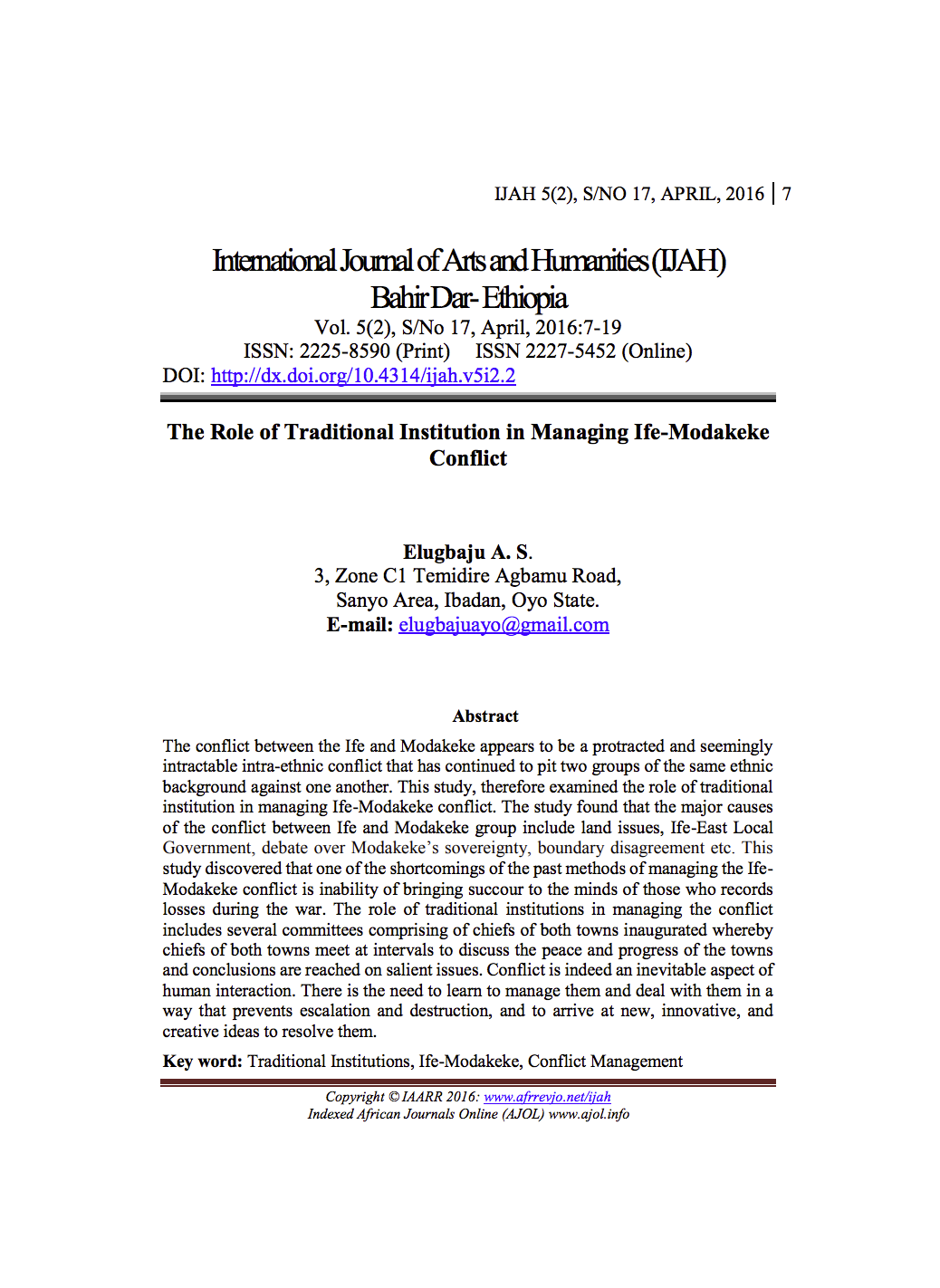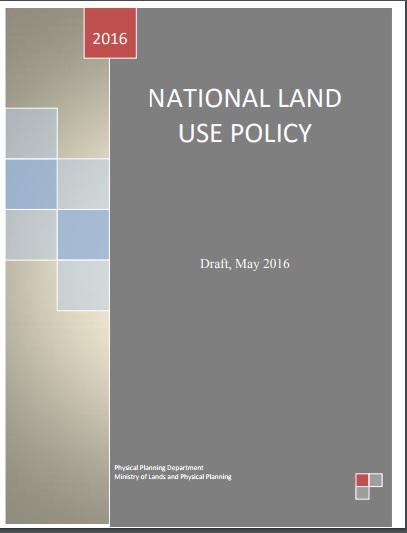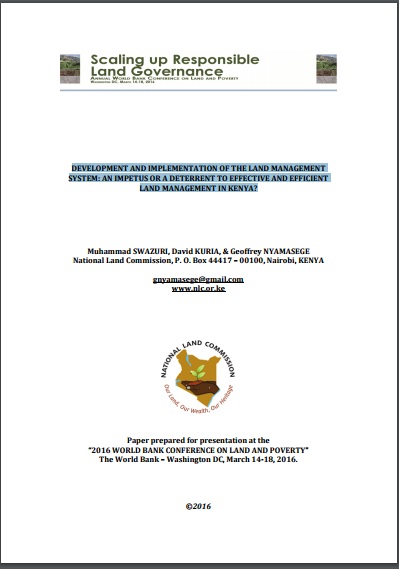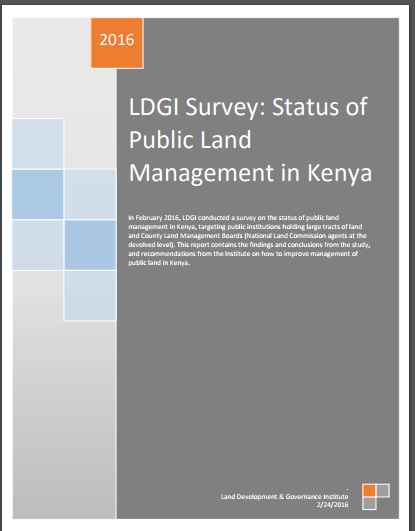USAID Report on Land Tenure & Cocoa Production in Ghana
The Cocoa Research Institute of Ghana (CRIG), with support from the World Cocoa Foundation (WCF) the United States Agency for International Development (USAID), performed the Ghana Land Tenure Baseline Survey, the first of its kind survey of tenure rights among cocoa farmers in Ghana.










